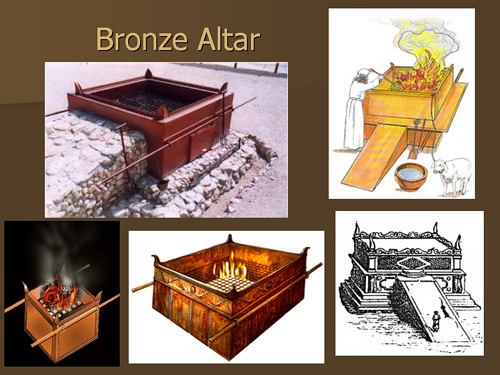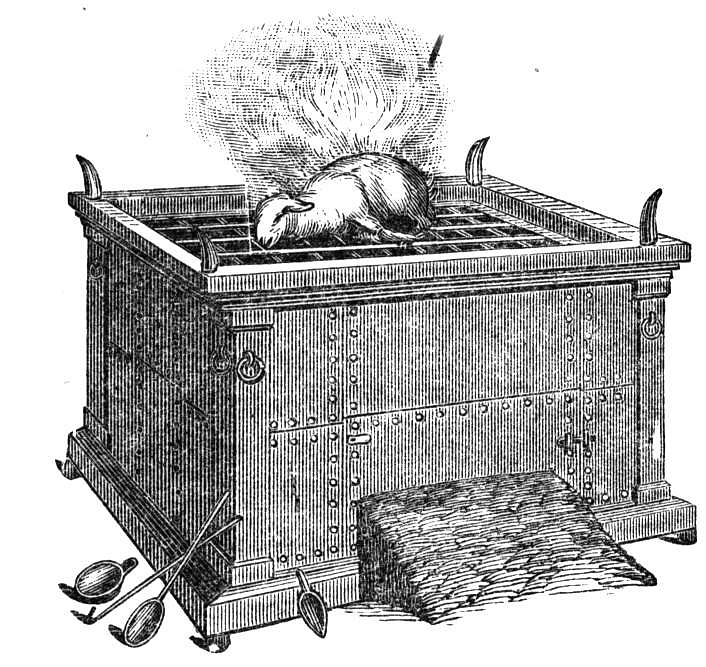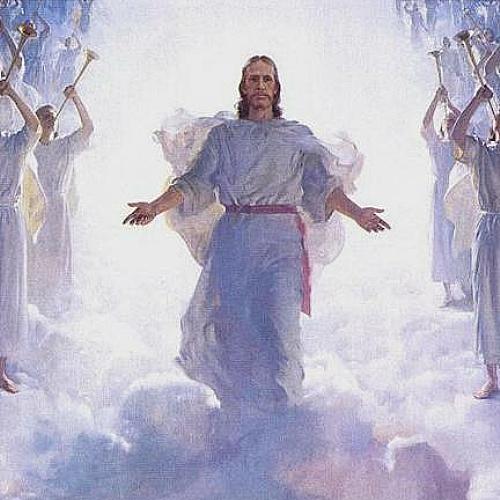
2 Samuel 6–7
2 Samuel 6 :1–2, 14–23, Bring up the ark…David danced…Michal…despised him. Some people who are purveyors of dead, stale and fossilized religious systems may turn their noses airward in diffidence at the tokens or symbols of YHVH’s presence. On the other hand, there are those of equally petrified and lifeless religious systems that look to religious icons and tokens to somehow breathe life into that which is spiritually dead. Such can easily become nothing more than thinly veiled idolatry and relic worship. Neither of these situations was the case with David when he sought the return of the ark of the covenant to Jerusalem. The ark was, for the Israelites, the symbol of Elohim’s blessed presence among them. With passionate zeal from a heart of worship, David longed for the ark’s placement in Jerusalem in a place of honor, and YHVH honored David’s desire. Yet there were those, even in David’s own family, who in an effort to keep old dead systems alive, despised the anointed presence and David’s zeal for it.
As physical humans, YHVH knows that we need points of contact to aid us in connecting to the deeper things of life—especially to those things of the heavenly realm. In the physical realm, a cherished photo of a loved one, a wedding ring, a souvenir from a trip, a gift from a friend or a family heirloom may serve to refresh our memories and to stir the emotions reminding us of the people, places or events behind the keepsakes. A souvenir is something we purchase while on a trip to remind us of good memories when we return home. The word souvenir is a direct borrowing from the French word of the same spelling meaning “to remember.” The power of keepsakes, heirlooms or souvenirs over one’s mind and emotions can be so strong that they can cause us to shed a tear, go into a depression, or bring us great joy. Our emotional attachments are so strong to them that often they will be the things that we will retrieve before anything else from our burning home. These things serve as points of contact with important events that have happened in our lives.
In our spiritual lives, we have similar points of contact. It could be a favorite Bible or another token of our faith and devotion to YHVH. The Bible reveals that anointing oil or an anointed cloth can be a point of contact with YHVH the Healer. Communion and baptism are both points of contact to higher spiritual truths. It is heresy, possibly even idolatry, to say that the water of baptism actually spiritually cleanses the sinner, or the bread and wine become the actual the body and blood of the Savior. But they are important in that they are a physical representation of deeper spiritual truths or realities.
Perhaps now we can appreciate better David’s zeal over the ark of the covenant’s return to Jerusalem. Embodied in that box was the very heritage and future of Israel, for it represented YHVH’s divine presence in the midst of his people. David recognized this and knew that, like Moses, unless YHVH was with him (Exod 33:14–15), the future looked bleak and he despaired about going forward without YHVH’s presence among them.
What are the points of contact in your spiritual life that serve as points of reference, contacts, milestones, road signs, or souvenirs either reminding you of or pointing you toward YHVH’s grace in your life?
David literally danced for joy before the people when the ark of the covenant paraded into Jerusalem. Do we have a similar emotional tenderness, enthusiasm and exuberance about spiritual things that we too, like David, can worship our Creator with total abandon? Or do we, like Michal, the daughter of King Saul and wife of David, criticize those who, like David, did so? In reality, everything in that ark pointed to Yeshua—the Living Word of Elohim. No doubt David, a spiritually attuned man after YHVH’as own heart, recognized the deeper symbolism of the ark and its contents, and he would have loved every bit of it unreservedly as evidenced by his zeal at the ark’s return. Similarly, do we still possess such a love for Yeshua, or have we lost it? (Read Rev 2:4–5.) What did YHVH-Yeshua threaten to do to the assembly at Ephesus if they did not reignite the passions of their first love for him?
2 Samuel 6:3–7, The house of Abinidab. While in the house of Abinadab, the ark’s presence had become so commonplace such that, as Matthew Henry states in his commentary, the familiarity of it engendered contempt (or at least a casual disregard) for it. Perhaps an irreverence for YHVH’s set-apart things had gripped Uzzah’s heart prompting him to touch that which was forbidden to do so. In our modern culture, and Christianity is not exempt from this, there is very little respect for authority, one’s elders, the law or other’s property, much less holy or set-apart things. In YHVH’s order of things, this is unacceptable behavior. Scripture draws strict lines of demarcation between that which is holy (kadosh or set-apart) and that which is commonplace or profane. YHVH has designated certain times, places, things and even people to be honored and respected—even revered. Are we in danger of incurring Elohim’s wrath, as Uzzah did, for not properly recognizing this?

2 Samuel 6:16, [Michal] despised [David] in her heart. In reality, what was Michal despising—David or the ark itself? Often humans in actuality are despising the things of YHVH even though they misdirect their disregard and spite toward his human agents. Scripture reveals that the children of Israel’s rebellion against Moses was really against YHVH himself. Similarly, if the ark was a prophetic picture of Yeshua, then for whom was Michal really showing contempt? Yeshua is a stone of stumbling and a rock of offense to many people. Many Christians claim to follow Yeshua, yet they despise his Word and his messengers. They also despise those who are passionate devotees and worshipers of Yeshua referring to them as right-wing fanatics, extremists, unbalanced, Bible-thumpers, Jesus freaks and other derisive terms. How passionate for Yeshua and his ways are you? What does YHVH say about this attitude? (Read Rev 3:15–19.)
Continue reading








